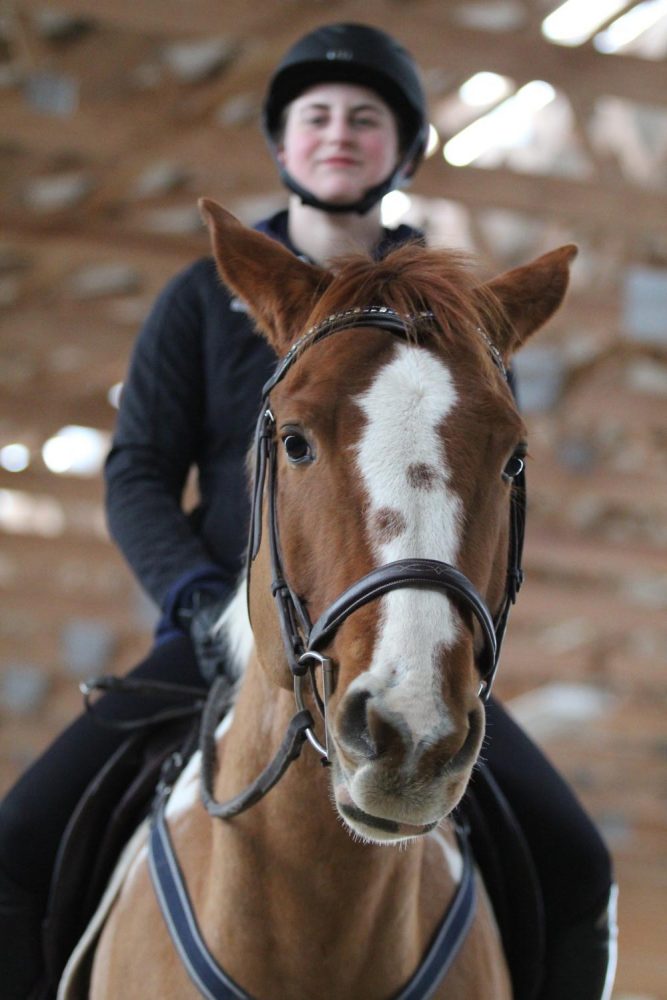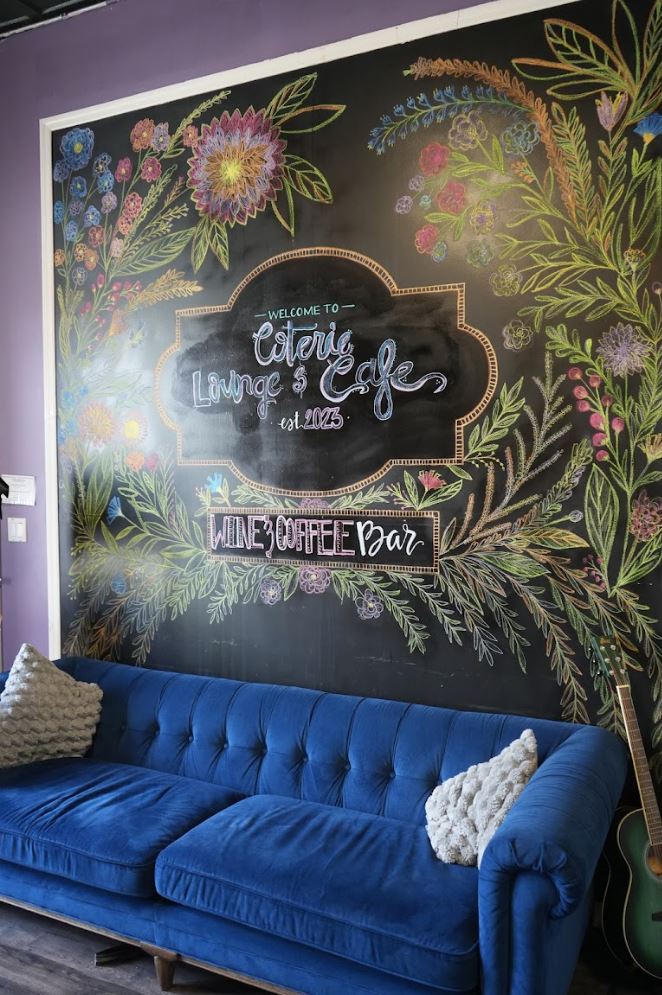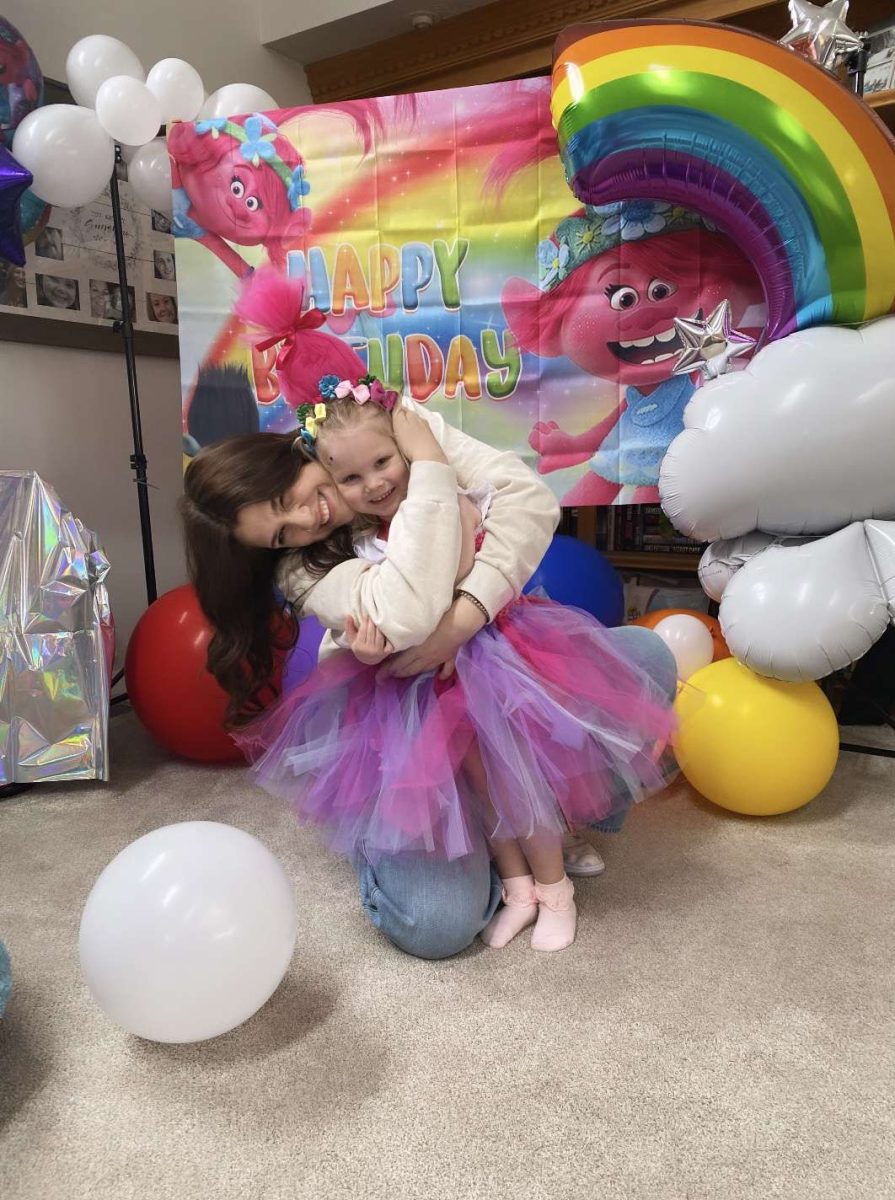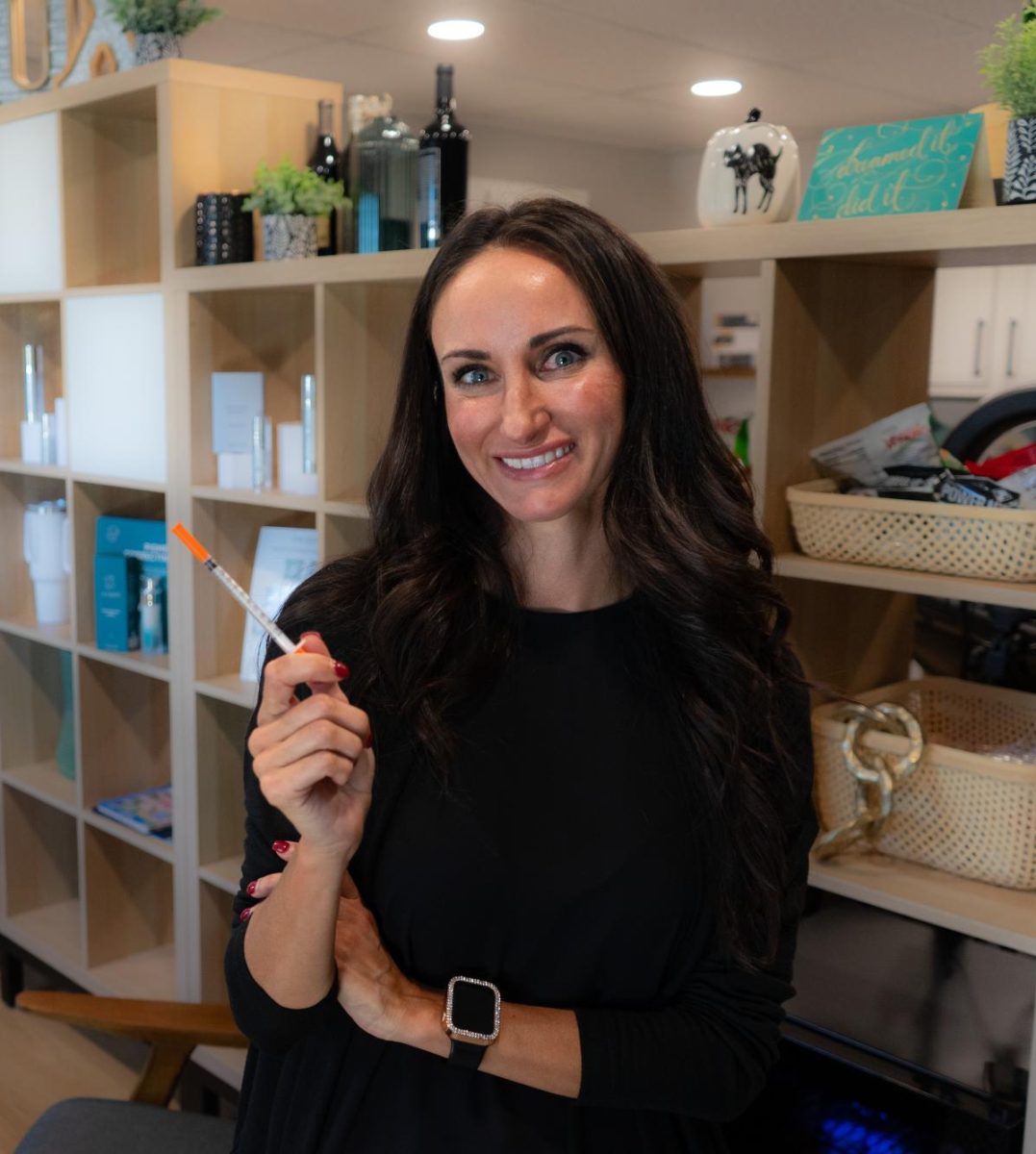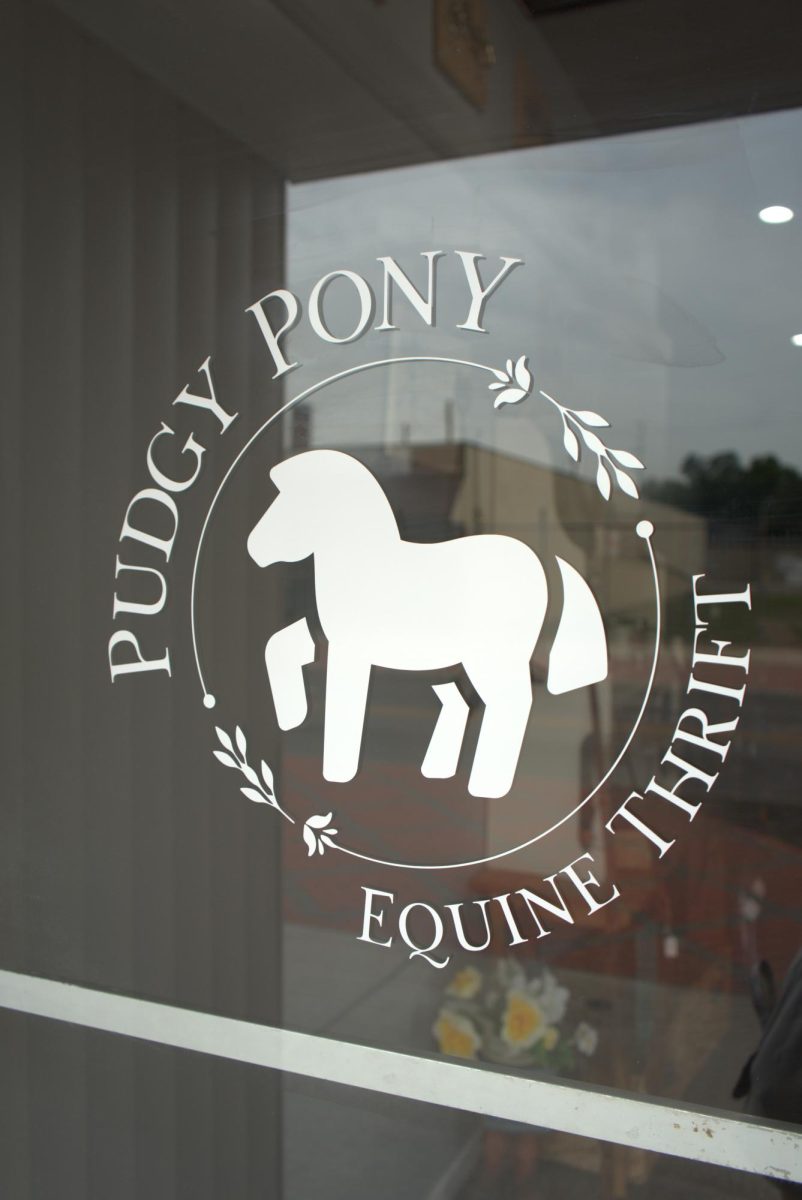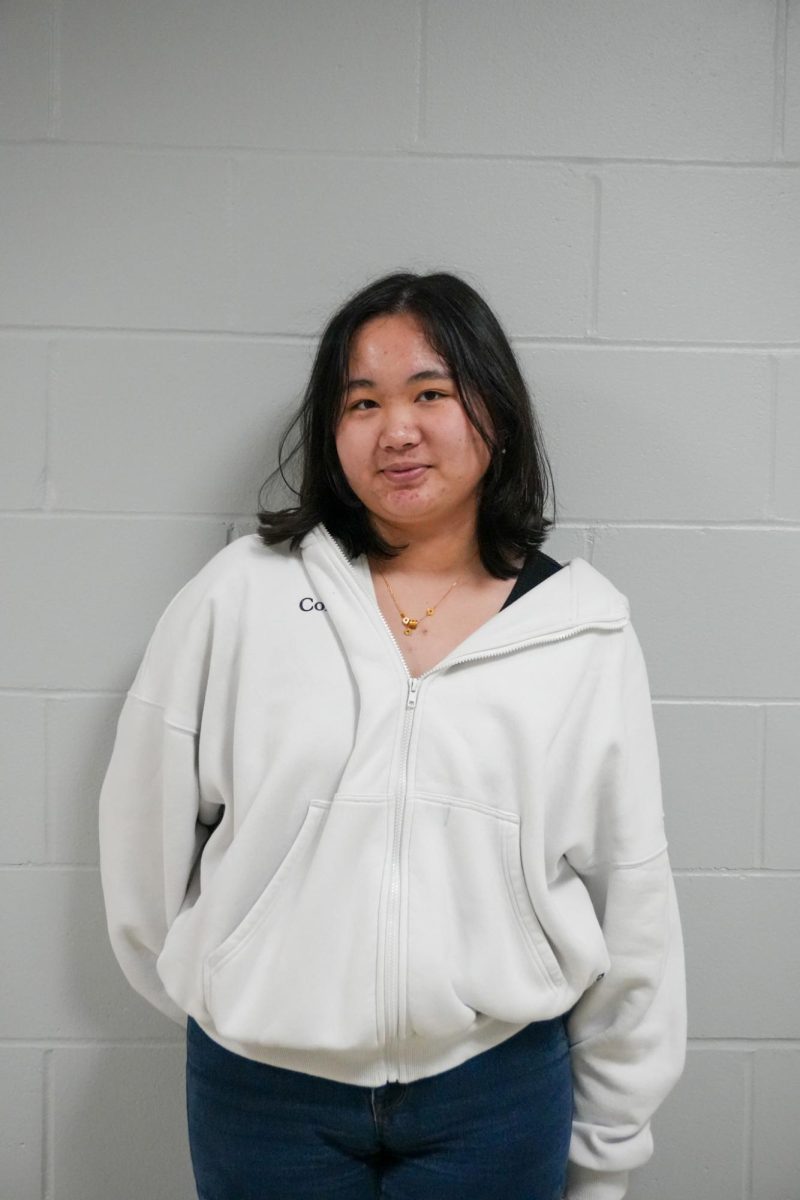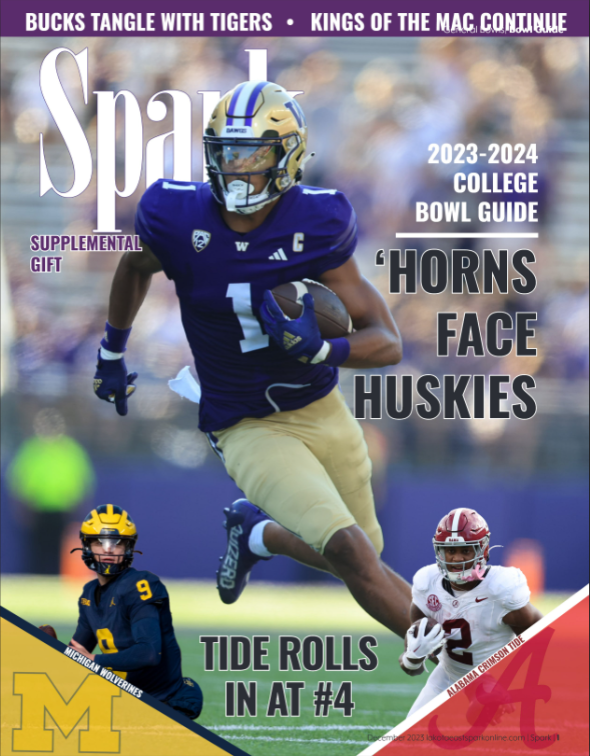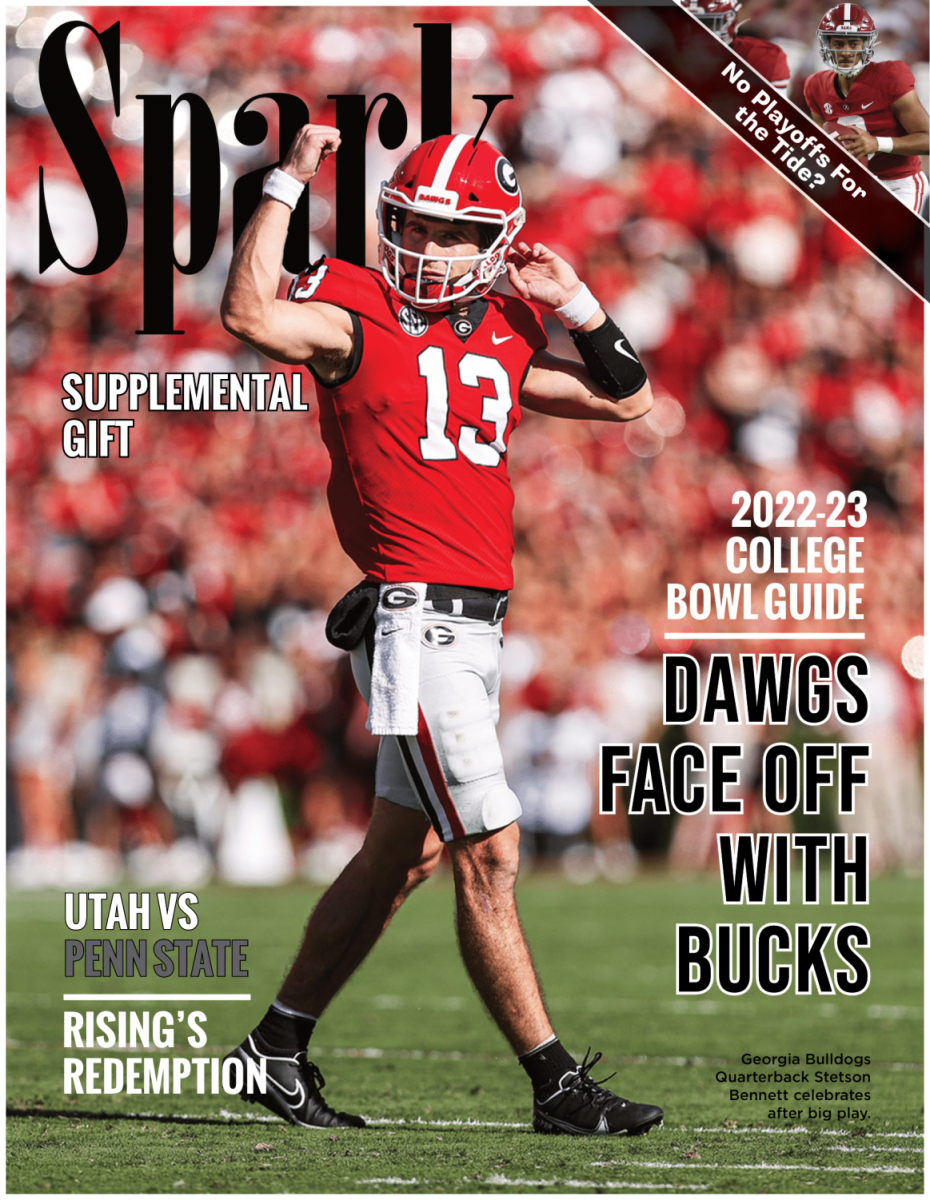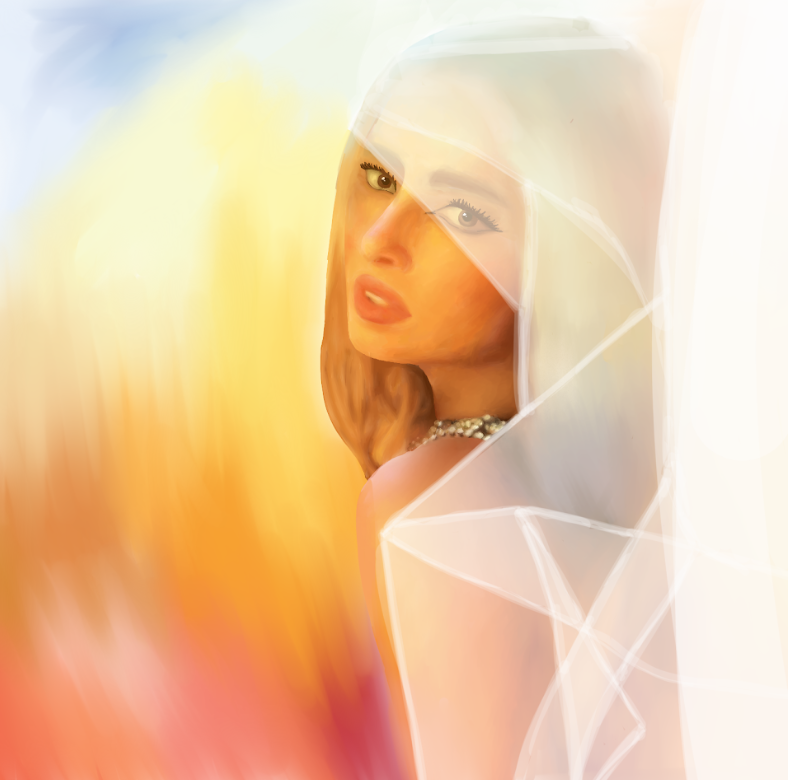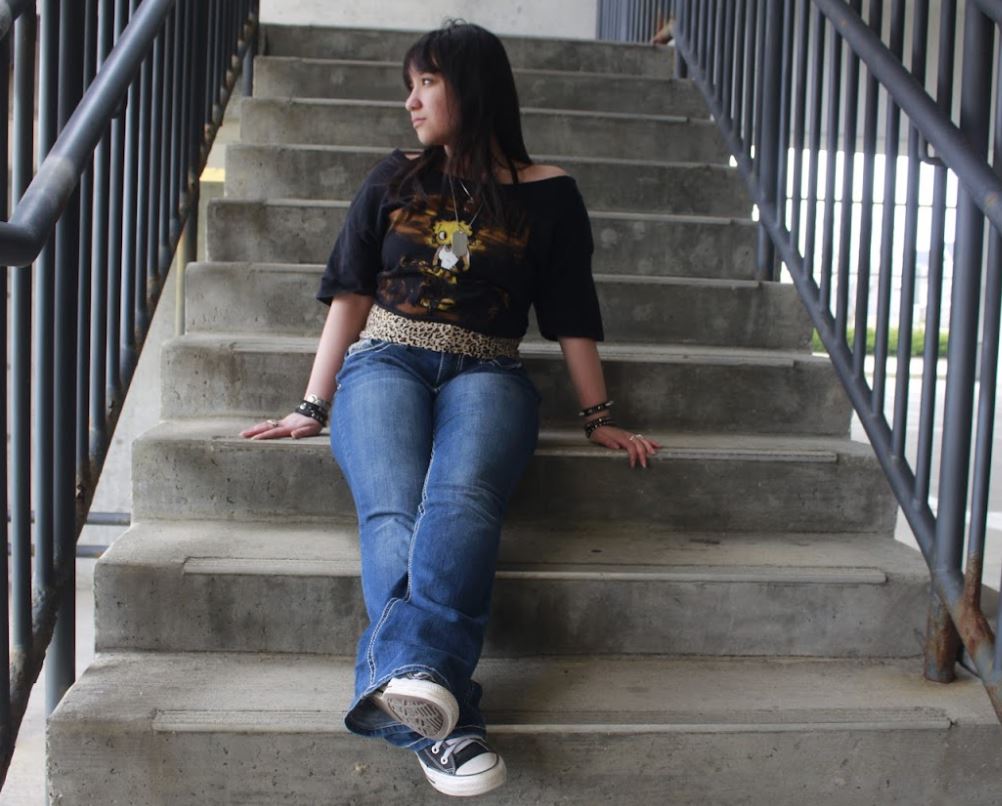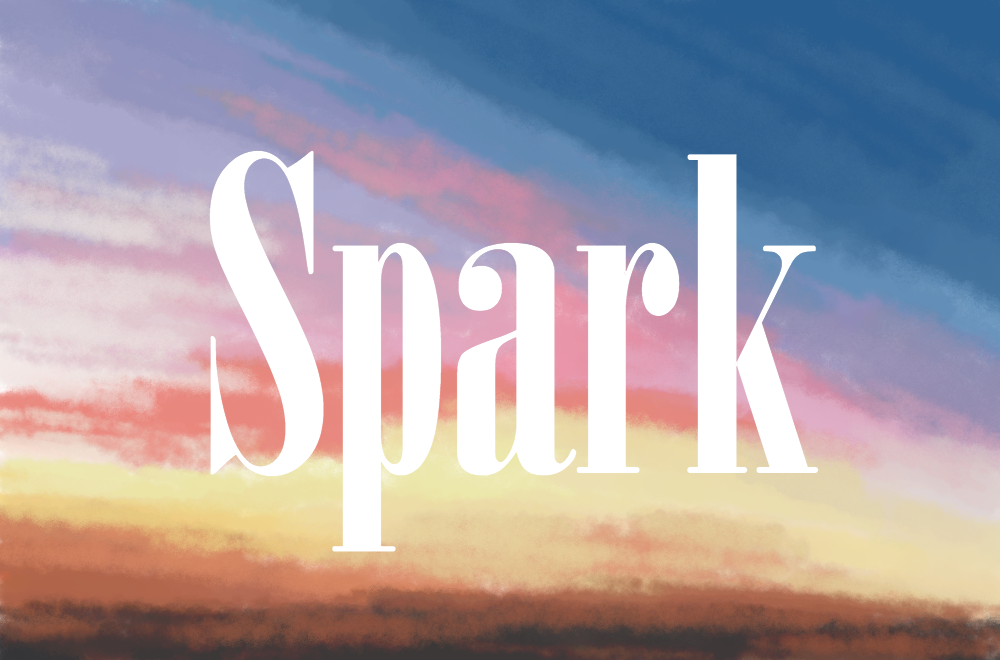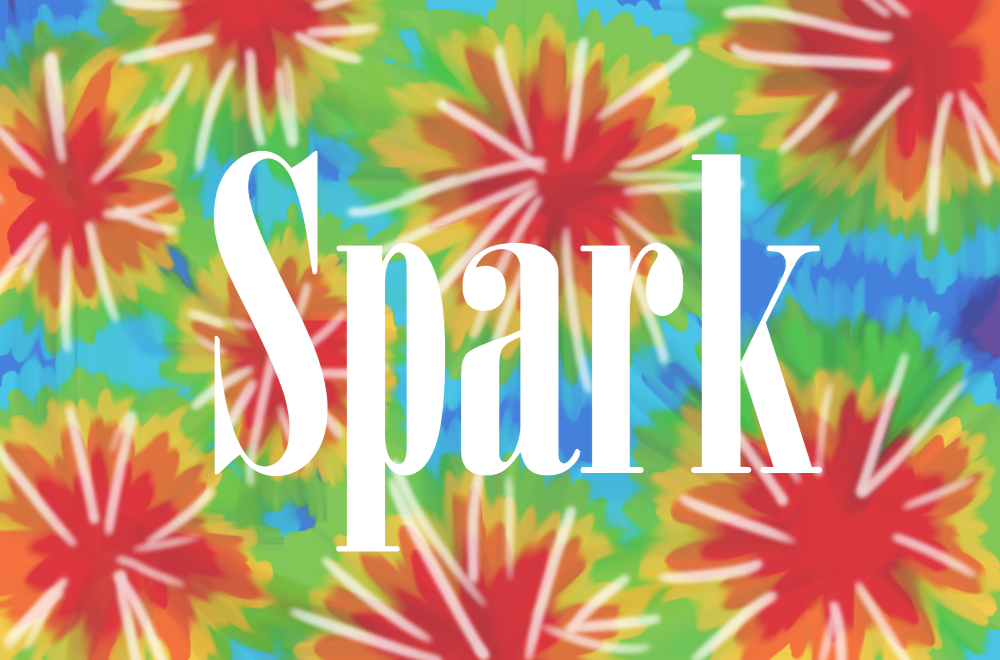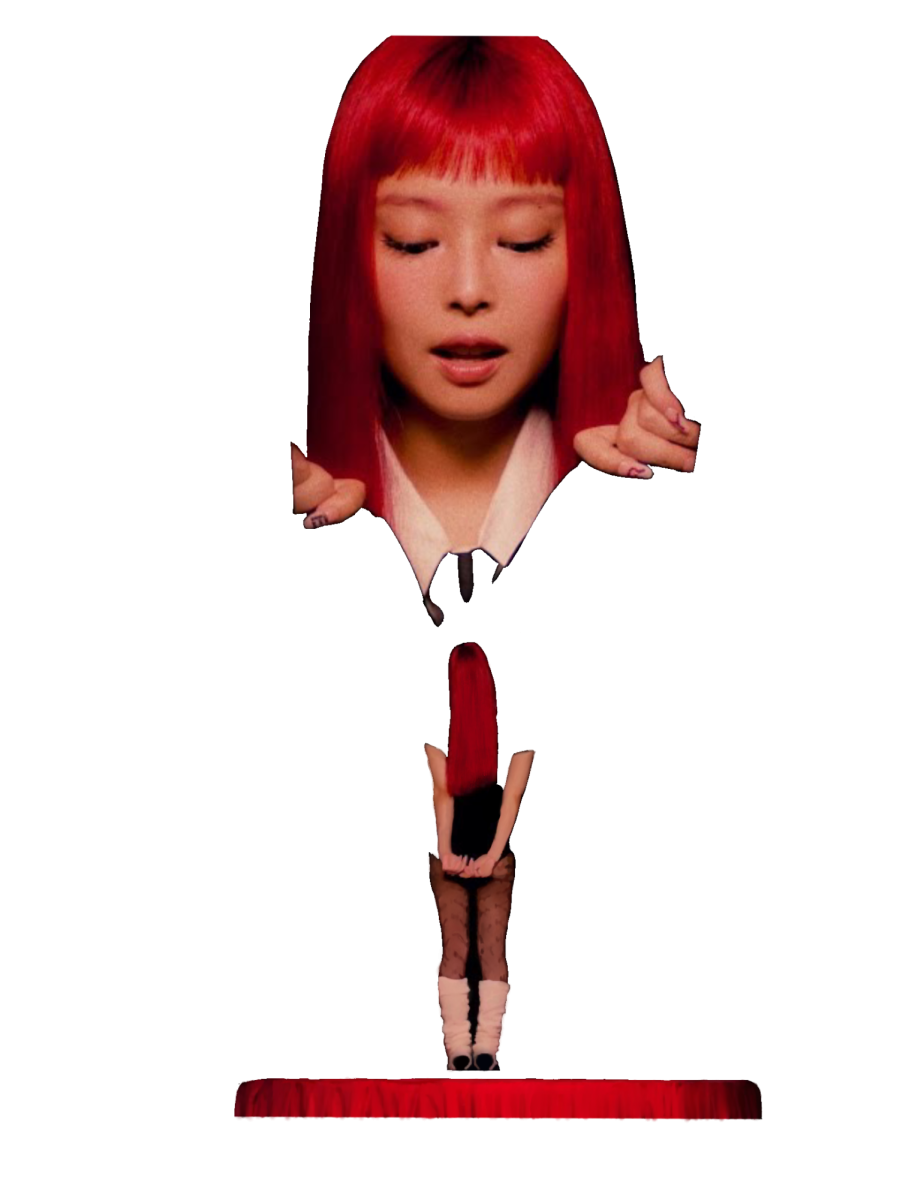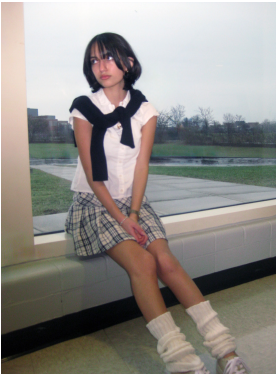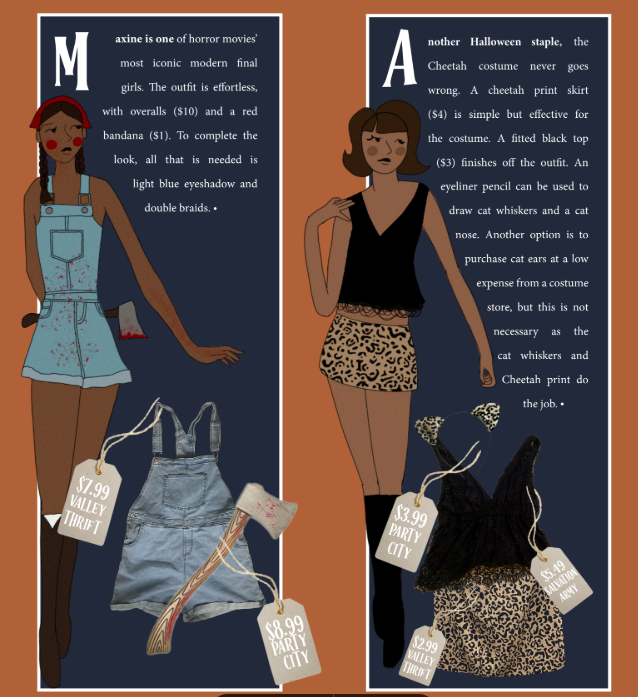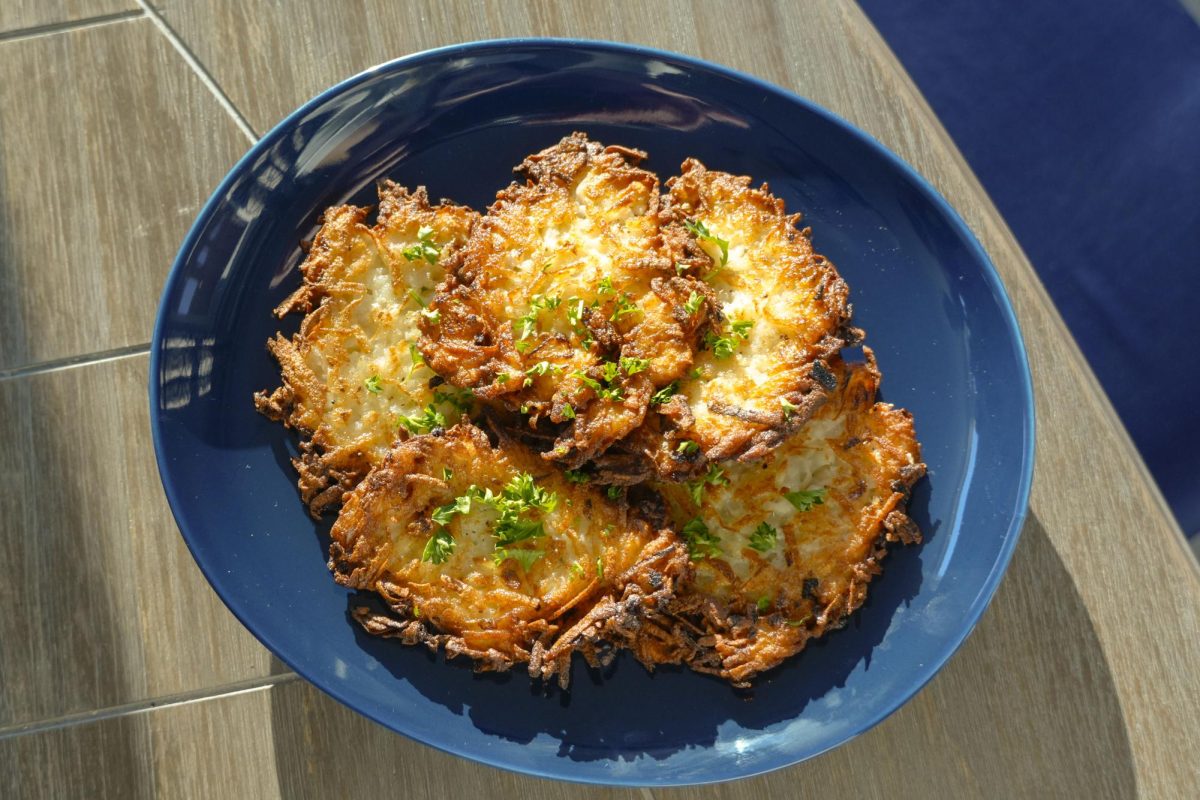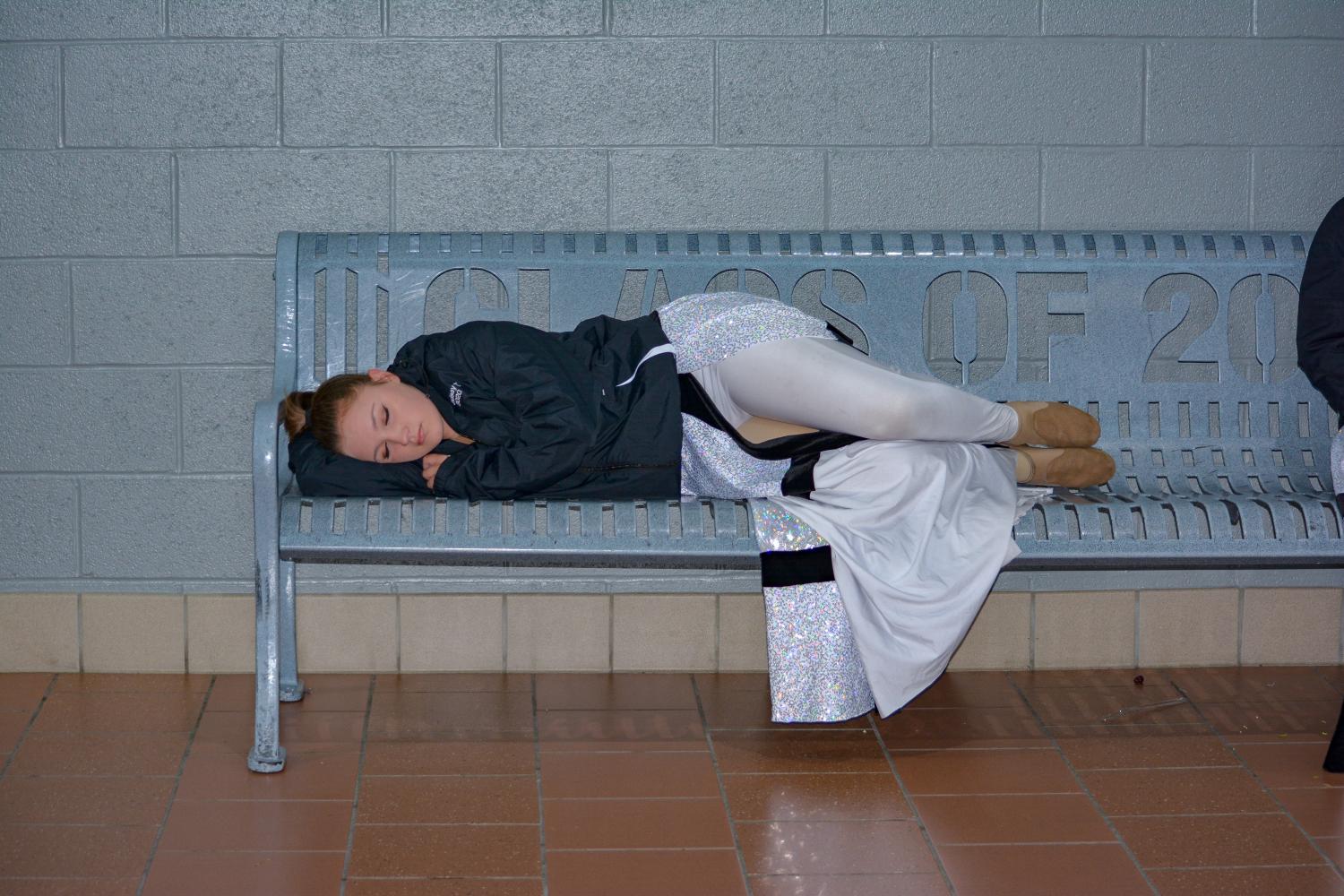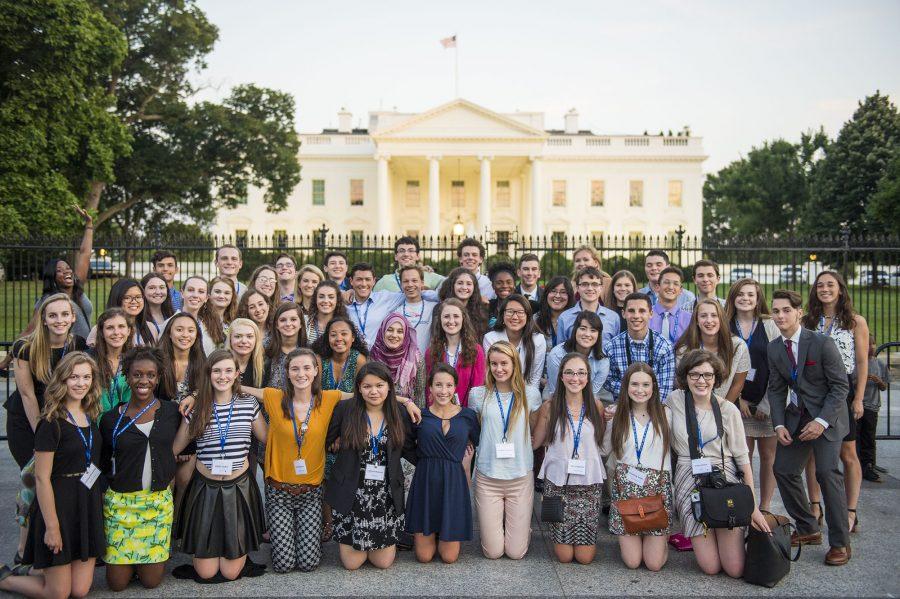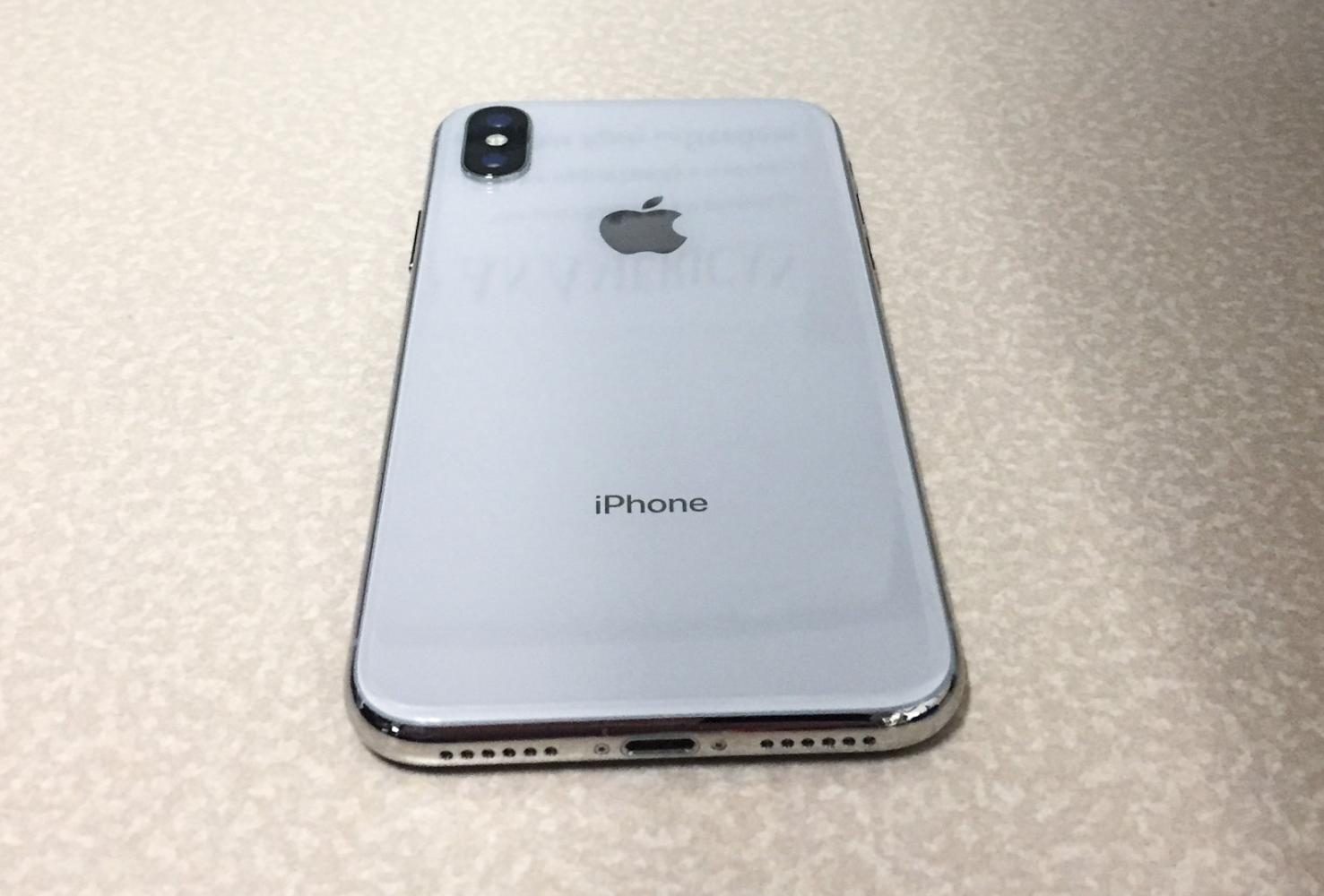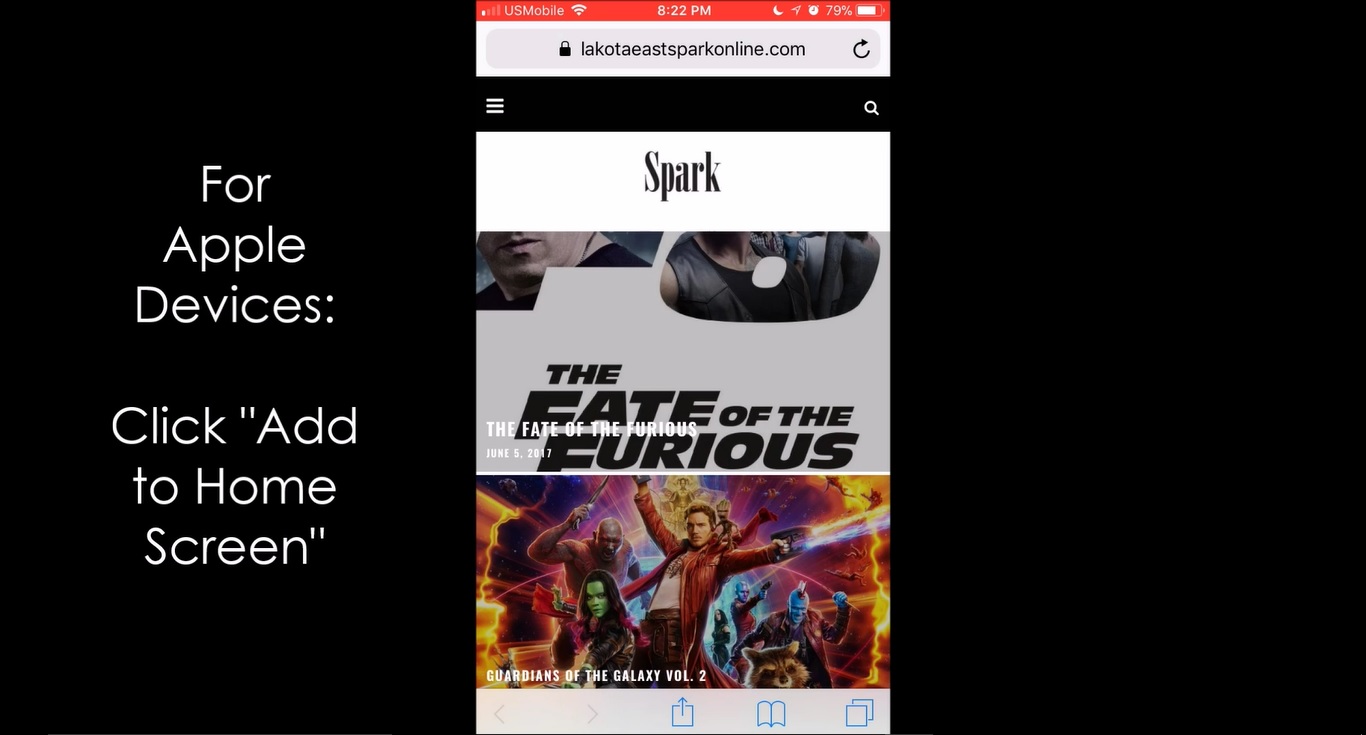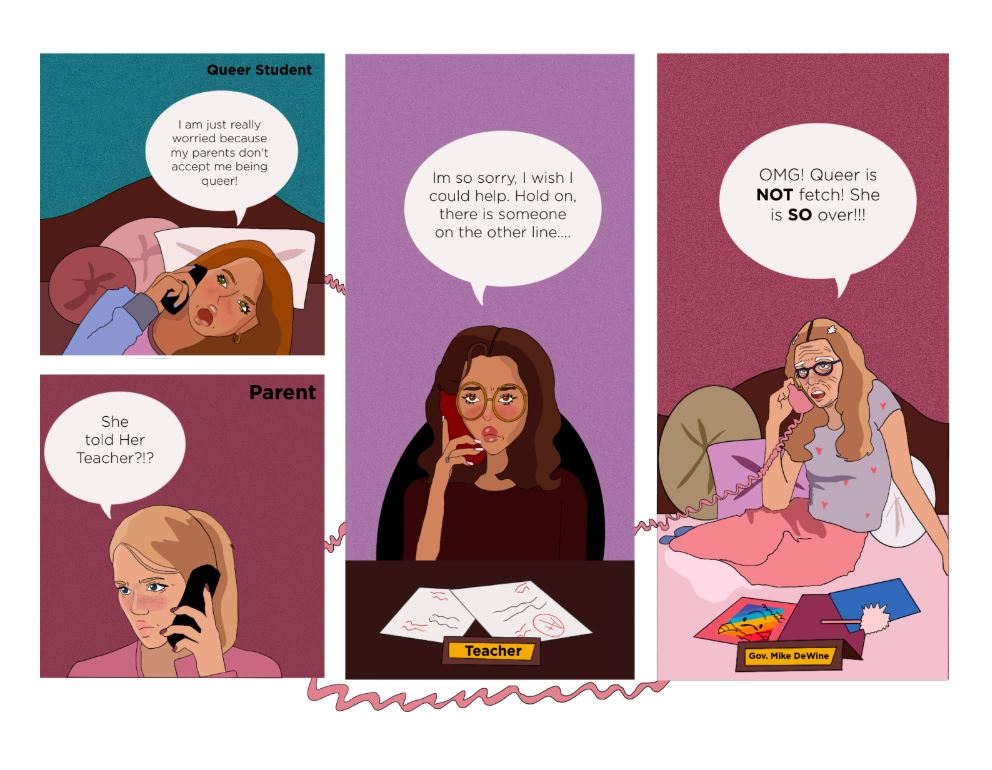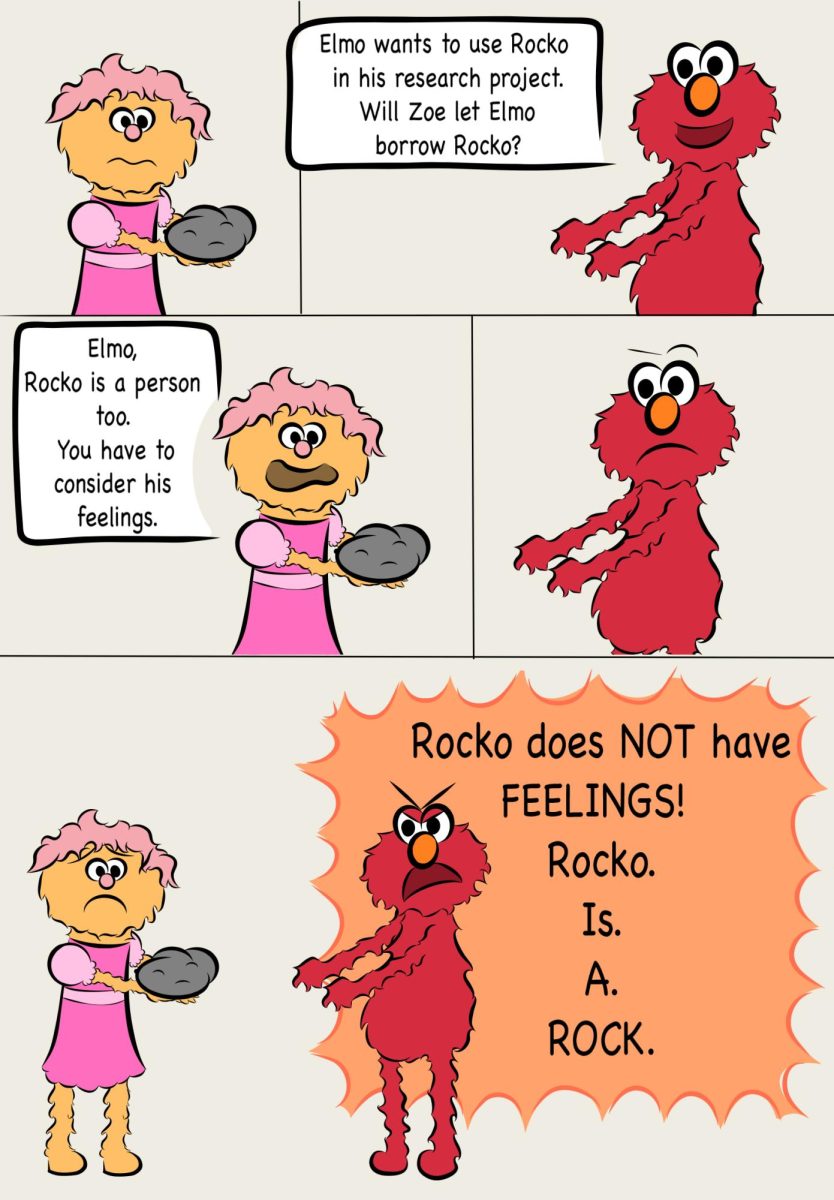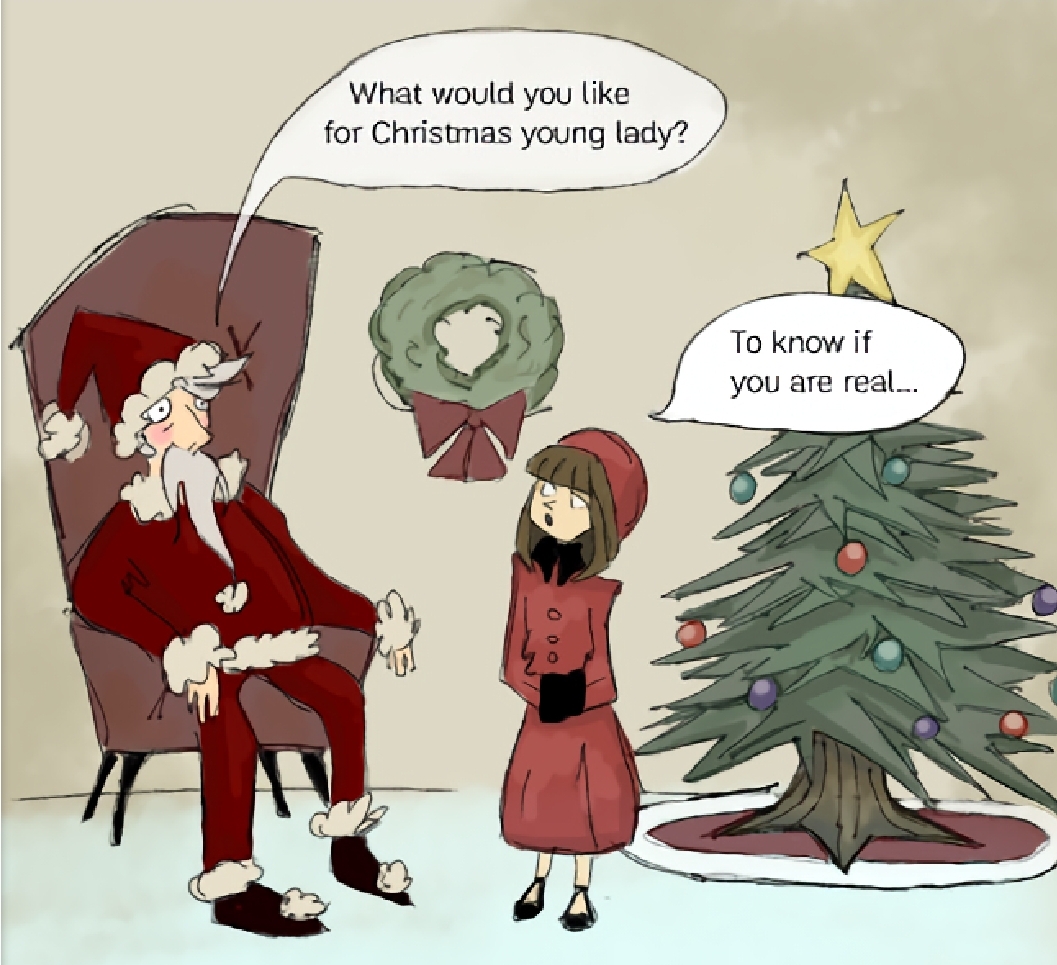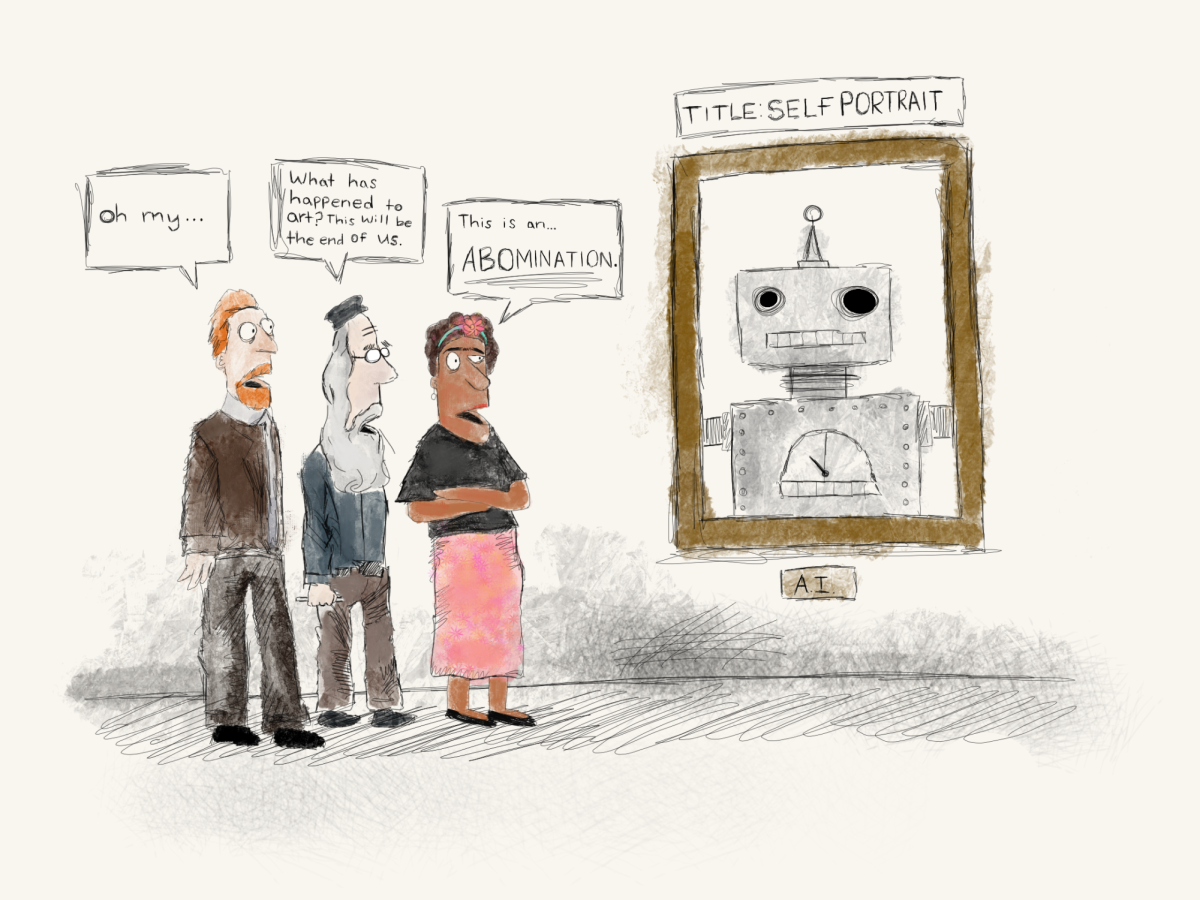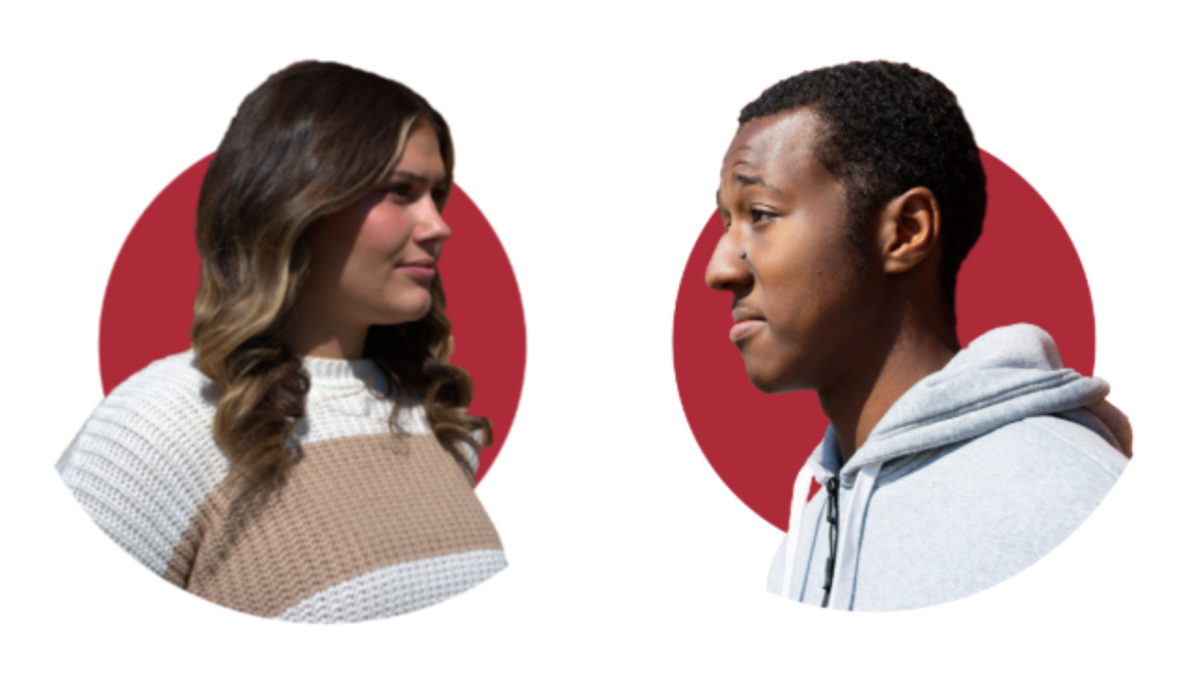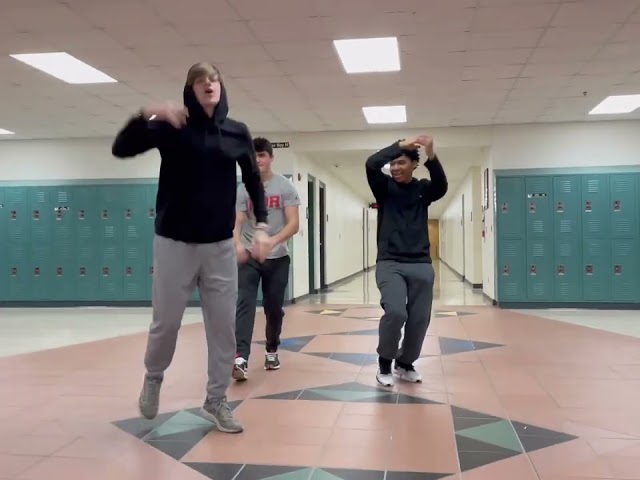K-pop royalty Jennie Kim’s 15-track debut album “Ruby” offers listeners a magnified look into her personal and artistic evolution by blending raw emotion with extravagance. The project demonstrates Jennie’s unique ability to synthesize empowering, hip-hop-inspired anthems, introspective moments, and clever experimentation into one cohesive idea: self-reinvention. In just shy of 42 minutes, Jennie proves herself as the strong soloist fans hoped she would become.
Born in 1996, South Korean singer Jennie skyrocketed to global stardom as a member of BLACKPINK, a world renowned K-pop girl group. As the first member to go solo with “SOLO” in 2018, Jennie set the precedent for success, with the single topping Korean charts and shaping her into a music industry powerhouse. Since then, she has begun an acting career, making her 2023 debut in HBO’s “The Idol” using the stage name Jennie Ruby Jane—yes, Ruby—which she made for herself. Now, with “Ruby,” she takes that reinvention a step further, reclaiming her artistic identity in this new era of her music. After having experienced the K-pop industry’s infamous control over her public persona and creative freedom, this marks a significant moment of autonomy for Jennie. The album, inspired by “As You Like It,” a well-known Shakespeare play about self-discovery, is an unfiltered expression of themes of confidence, vulnerability, and freedom.
The best example of Jennie’s newfound confidence is the album’s second track, “like JENNIE,” which serves as a bold anthem of self-assurance and individuality. Using contrasting syncopated hi-hats and deep bass beats, as well as a catchy chorus and strong vocal delivery, Jennie asserts that she is entirely in control of herself and her career. Lyrics such as “Keep your hair done, nails done like JENNIE / Who else got ’em obsessed like JENNIE?” best exemplify the infectious energy and empowerment Jennie exerts in this track.
While “like JENNIE” asserts her confidence with a hint of hedonism, the eighth track, “Love Hangover,” shifts gears to show how self-assurance also means confronting emotional vulnerability. This track, featuring indie/alternative pop singer Dominic Fike, masterfully maintains the album’s established exuberant sound but with a slightly slower tempo and more nuanced lyrics. These include “I swore l’d never do it again / … And every time I do, I wake up with this love hangover / I swear I’ll never do it again.” Jennie’s sweet delivery of quick, repetitive phrases adds to the reflective, raw, and uneasy feeling of looking back on a toxic relationship. This feeling represents another side of self-discovery, enhancing the idea of her now having a free-feeling, well-rounded sense of self-assuredness. This track might not be the flashiest on “Ruby,” but it certainly showcases the superstar’s ability to take a different direction with her music.
Keeping the album upbeat and playful is “Handlebars,” the fourth track on “Ruby.” The song features Dua Lipa, who makes her mark on the song by bringing a catchy, undeniably energetic rhythm and ‘poppy’ production, giving the album a wider appeal to different audiences and a varied sound. Sweet-as-sugar lyrics communicate the upbeat ‘love haze’ the duo navigates in this song, showing off Jennie’s newfound reflection on the elating feeling of falling too deeply in love. Equally enjoyable is “Seoul City,” an upbeat track that adds a necessary layer of complexity to the theme of self-renewal, as it explores Jennie’s pride for her hometown. She offers her listeners an intimate look at the most comfortable—yet also strangely unfamiliar—to her, comparing it to a relationship that evolves over time. The R&B-inspired song features reverbed vocals, smooth rhythms, and an indescribable undertone of sensuality, all of which round out the project nicely.
However, while “Ruby” excels in showcasing Jennie’s artistic growth, some tracks feel slightly underwhelming in their execution, keeping the project just shy of a perfect five star rating. “F.T.S.,” in particular, feels somewhat repetitive in both its production and lyrics, lacking the depth and innovation found in the album’s stronger moments.”
On the whole, “Ruby” is a diverse album that captures Jennie’s growth as a musician, offering both empowering anthems and moments of raw vulnerability, which come together to create a nuanced understanding of her self-reinvention. The project shows off Jennie’s ability to seamlessly balance different musical styles and emotions, establishing her as a talented and versatile solo artist. With “Ruby,” Jennie proves that renewal is about ownership; regardless of whether she is exuding power, reflecting on love and loss, or paying homage to her roots, she manages to stay fully in control of her story.









